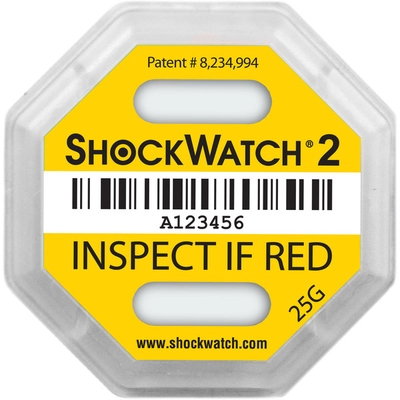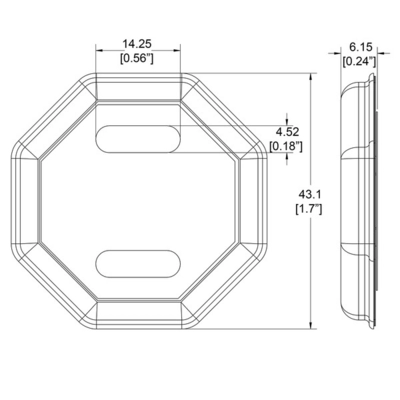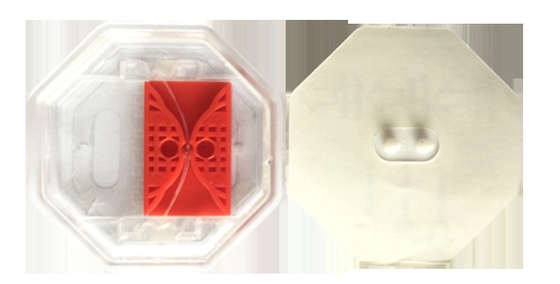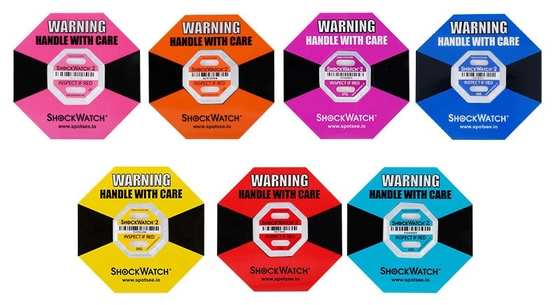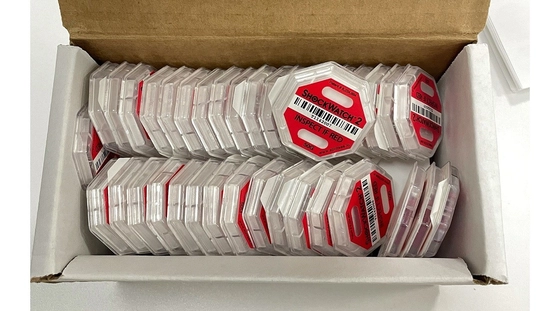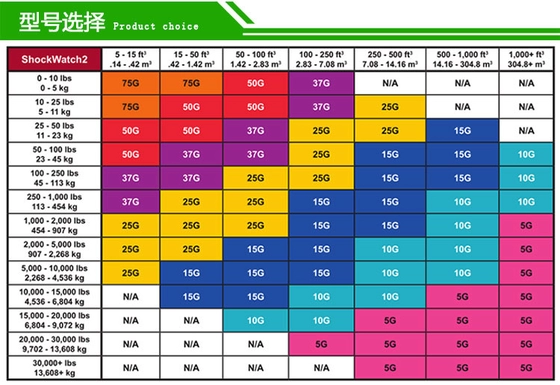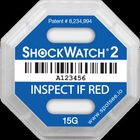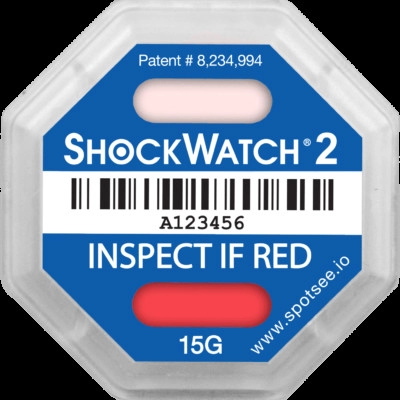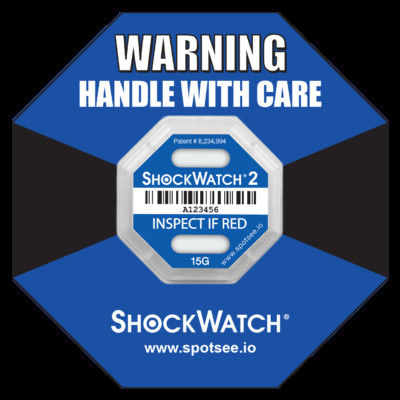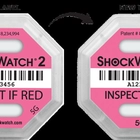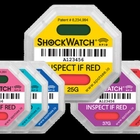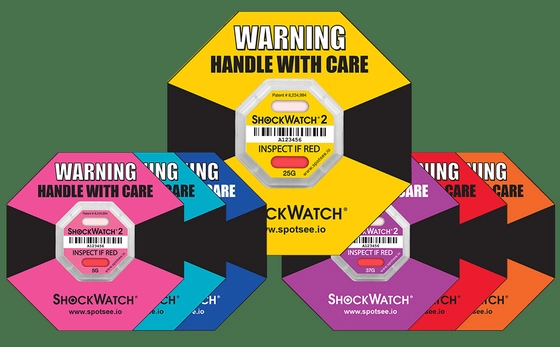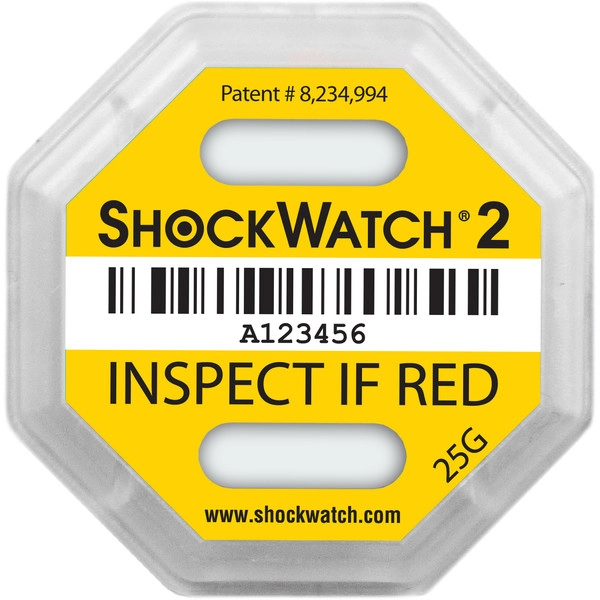“Can we use it? Should we inspect it first?” Those two questions should be foremost on the minds of project engineers and warehouse managers everywhere when they receive cargo. Having the answer determines whether they must allocate time, personnel, and resources to inspections, or whether items can be put into production immediately.
Assuming everything is good to go is risky, and performing spot checks is adequate. Damaged products can still slip through.
Whether the items in question are consumer electronics, computer network or telecommunications equipment, medical devices, or even presumably heavy-duty defense and aerospace components, hidden damage can cause delays, trigger warranty repairs, and damage companies’ reputations.
For example, at its most basic, an impact can cause visible damage – like a stress crack – that prevents an item from being accepted by the client or from being put into production. At its worst, it weakens internal components – like delicate welds or computer circuits – causing those components to fail. And failure isn’t necessarily immediate.
Sometimes the damage takes months to manifest, causing a cascade of problems for no apparent reason. That damage triggers the need for warranty repairs that, really, aren’t the manufacturer’s fault. That’s not good for its reputation. It’s bad enough if the product is a laptop. But if a failure involves heavy equipment and remote locations, finding and fixing the problem takes extra time and – sometimes – enormous expense. If the manufacturer or customer had known the item may have been damaged early, before it was installed, the entire situation could have been averted. To envision the repercussions, imagine flying repair technicians to a remote site, maybe internationally, to repair an electrical transformer!
Shipping sensitive items with the ShockWatch 2 impact indicator can prevent those situations, flagging potential damage so items can be inspected.
Simply stick this single-use indicator on the package or the component before it’s shipped. If it’s red upon delivery, the package experienced an impact beyond its accepted threshold. Maybe it was dropped or came loose during shipping. Maybe other cargo fell on it. Maybe train coupling or airplane landings were especially forceful. Whatever the reason, a quick glance clearly signals something happened in transit that may have damaged the item.
The ShockWatch 2 signal impacts events in seven thresholds between 2Gs and 75Gs, and events between 0.5 and 0 ms duration. The indicators operate between -13°F and 176°F and can be armed in the field. With that range, they are operable in the holds of cargo planes and ships, as well as inside cargo containers, even during hot summers. (Temperatures inside cargo containers typically are 30° F above ambient temperatures.)
Importantly, each ShockWatch 2 impact indicator has its own serial number, so indicators can be correlated to specific packages.

